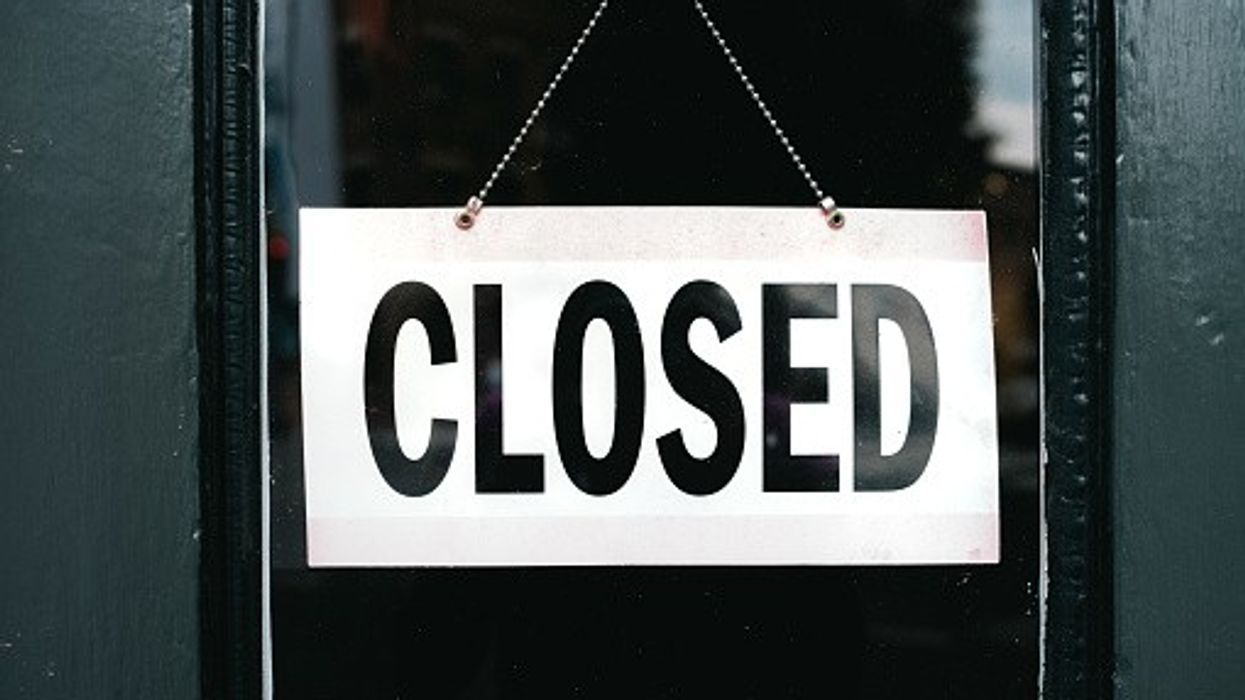The community pharmacy sector has secured the largest funding uplift across the NHS, yet concerns remain that it may not be enough to prevent further closures and service reductions.
Following a six-week consultation with Community Pharmacy England (CPE), the government has approved a £3.073 billion funding package for 2025/26, supplemented by an additional £215 million to support Pharmacy First and other Primary Care Recovery Plan services.
Despite this boost, pharmacy bodies, including the Company Chemists’ Association (CCA), argue that the funding falls short of addressing the sector's financial pressures.
“Unfortunately, this contractual agreement does not meet the costs of delivering NHS community pharmacy services, so there is still the risk of further closures and service reductions,” a CCA spokesperson told Pharmacy Business.
“This is the first step in the right direction. However, given the findings of an economic independent review released on Friday, it is clear there is a still a significant gap between the cost of delivering NHS community pharmacy services and what pharmacies will be paid.”
The review found that the cost of providing NHS pharmaceutical services across England in 23/24 was £4.3-£5.7 billion.
Looking ahead, costs are projected to rise from £5.063 billion in 2023/24 to £8.106 billion by 2029/30.
With the agreed funding for 2025/26 set at £3.073 billion, there remains a shortfall of £1.99 billion.
“The community pharmacy sector remains in a fragile position as the gap between what it costs to deliver NHS community pharmacy services and what the sector receives is still significant,” the CCA spokesperson said, adding that they will continue working with the new government to attempt to bridge this gap.
NPA pauses collective action
Meanwhile, the National Pharmacy Association (NPA), which represents 6,000 independent community pharmacies in England, has decided to pause its planned "collective action" after receiving the government’s new pay deal.
The unprecedented action, which was set to begin today (April 1), would have seen community pharmacies stop providing some services and reduce opening hours – marking the first such "work to rule" protest in the NPA's 104-year history.
“We are currently taking soundings from NPA members and working through the financial numbers, before making decisions on our next steps – both in terms of political campaigning and practical support for members,” an NPA spokesperson told Pharmacy Business.
The NPA board will meet early next week to consider the fundamental question of “whether independent pharmacies now have a fair chance of surviving in the short term and thriving in the future.”
“The answer to that question will determine the shape of NPA strategy going forward,” the spokesperson added.
Health Minister Stephen Kinnock had previously described the planned collective action as “premature, unnecessary, and detrimental to community pharmacy patients,” urging the NPA to reconsider its stance and await the outcome of contract negotiations.
Announcing the record investment, Kinnock described the funding deal as “a vital first step to getting community pharmacies back on their feet and fit for the future.”
“The agreement shows how this government is working in partnership with community pharmacy to deliver more care for patients closer to their home, freeing up GP appointments, and catching ill-health earlier and preventing it in the first place,” he said.
Nearly 250 pharmacies closed in 2024 alone—an average of nearly five per week—according to data from the NHS Business Services Authority (NHS BSA).
As of the end of January 2025, the number of community pharmacies (excluding distance selling pharmacies) in England had fallen to 10,025—a loss of 812 since the start of 2021, when the total stood at 10,837.













